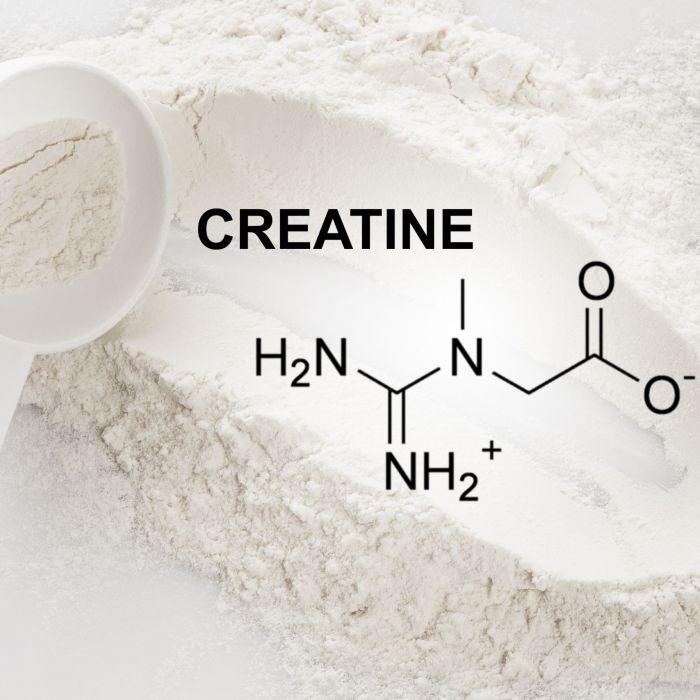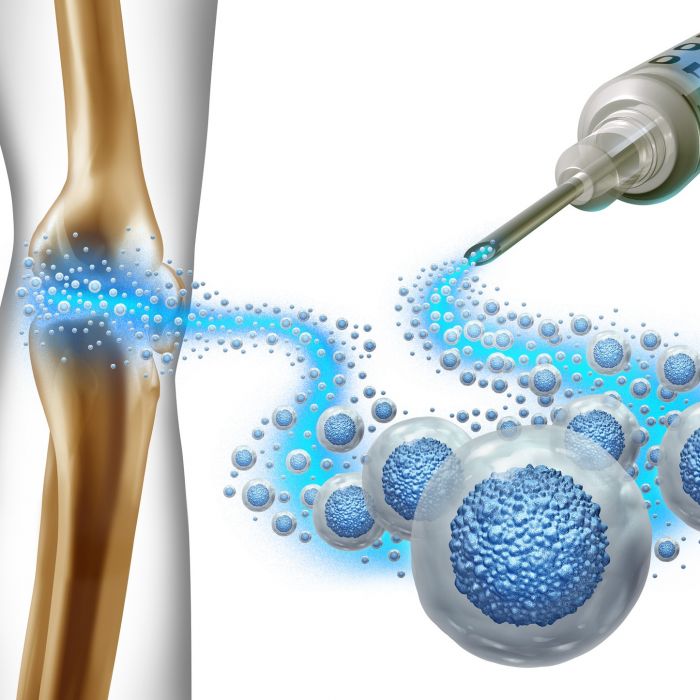Unlock the Potential of Peptide Therapy
Peptide therapy is an innovative medical technology that has the potential to revolutionize how we treat a variety of conditions. By using peptides, which are small proteins found naturally in our bodies, physicians can target specific areas and create personalized treatments for their patients. This cutting-edge approach offers promise for many illnesses and diseases.
Numerous clinical studies have demonstrated that peptide therapy can effectively treat a variety of conditions, including autoimmune disorders like rheumatoid arthritis and multiple sclerosis; neurological ailments such as Parkinson’s disease; cardiovascular diseases like hypertension; metabolic syndromes such as obesity; skin conditions, for example psoriasis; wound healing processes, and even cancer treatments. Moreover, these studies have revealed that peptide therapies are generally safe with few side effects reported when compared to other forms of treatment.
What is Peptide Therapy?
Peptide therapy is a form of medical treatment that uses peptides, which are small molecules made up of two or more amino acids. Peptides occur naturally in the human body – more than 7,000 types! – and are the building blocks of essential proteins. They regulate a wide range of biological functions and processes.
Peptides have been used in medicine for decades to treat various conditions, but their use has become increasingly popular in recent years due to advances in technology and research. Peptide therapy can be used alone or in combination with other treatments such as medications, lifestyle changes, and dietary modifications. The goal of peptide therapy and treatment is to target specific pathways within the body that may be involved in disease processes or promote healing.
Peptides are typically injected so that they are delivered directly into the bloodstream. They can be injected under the skin, into muscle tissue, or near the site of an injury where the greatest effects can be seen.
Benefits of Peptide Therapy
Are you experiencing health issues or have specific performance goals? You might consider using therapeutic peptides. These can be used for hormone replacement, medical weight loss, pain relief, or even anti-aging. There are many potential benefits associated with peptide therapy including:
- Improved energy levels
- Enhanced immune system function
- Reduced inflammation
- Increased muscle mass and strength gains
- Improved skin tone and texture
- Better sleep quality and duration
Additionally, some studies suggest that certain types of peptides may help reduce symptoms associated with autoimmune disorders such as rheumatoid arthritis (RA) and multiple sclerosis (MS).
Different types of peptides can be used for different purposes depending on the condition being treated. Commonly used types include growth hormone releasing hormones (GHRHs), gonadotropin-releasing hormones (GnRHs), thyrotropin-releasing hormones (TRHs) and glucagon-like peptides (GLPs). Each type works differently by targeting specific pathways within the body; however, they all work together synergistically to produce beneficial effects on overall health outcomes when combined properly under a doctor’s supervision.
Peptide therapy is a promising alternative to traditional treatments for a variety of conditions, offering many potential benefits. In the next section, we will explore the various medical conditions that can be treated with peptide therapy.
Conditions Treated with Peptide Therapy
Peptides have been used in medicine for decades and can be used to treat a variety of conditions. Some of the different types of conditions that can be treated with peptide therapy include:
- Weight loss
- Pain relief
- Sexual health
- Anti-aging
- Autoimmune diseases
- Neurological disorders
- Cardiovascular disease
- Diabetes
- Metabolic syndrome
Does Peptide Therapy Have Side Effects?
Although peptide therapy has many potential benefits, it is important to be aware of the potential side effects before deciding if this treatment option is right for you. The most common side effects associated with peptide therapy include headaches, nausea or vomiting, fatigue or weakness and muscle aches. These symptoms usually go away within 24 hours after the injection but may last longer if more than one dose is taken at once. In rare cases there may be an allergic reaction to the peptide itself which could cause difficulty breathing or hives on the skin. It is important to speak with your healthcare provider about any long-term risks associated with taking specific types of peptides before starting treatment so that you can make an informed decision about whether this type of therapy is right for you.
Find Out More About Peptide Therapy at Age Rejuvenation
To learn more about how peptide therapy could help you, please reach out to the team at Age Rejuvenation today!








